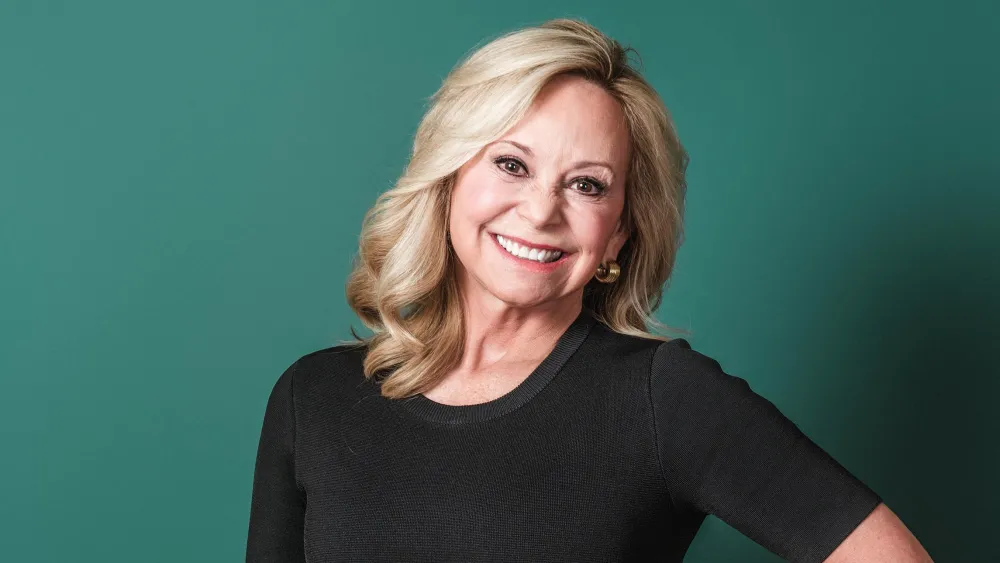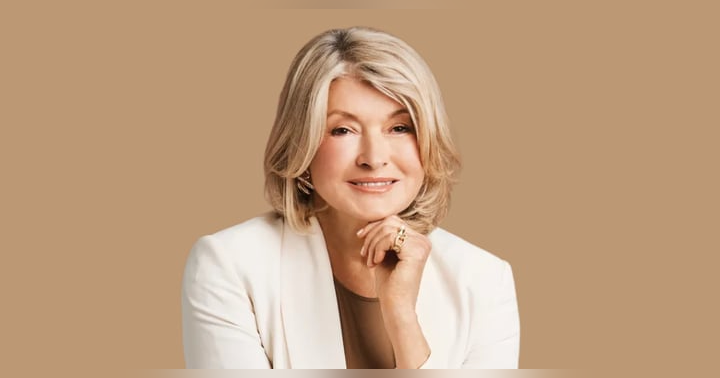Julie Wainwright on Failure, Fear, and Founding a Billion-Dollar Business at 53

“Operating out of fear is always losing.” — Julie Wainwright
In her recent interview on the Success Story Podcast, Julie Wainwright opened up with striking honesty about public failure, personal collapse, and what it really took to build a billion-dollar brand – all starting at age 53.
Julie’s story isn’t your typical tech founder tale. She didn’t build a unicorn in her 20s. She wasn’t fresh out of Stanford. When she launched The RealReal, the luxury resale empire that would go public and reshape e-commerce, she was broke, written off, and reeling from the collapse of Pets.com – one of the dot-com era’s most iconic failures.
In one day, she lost her company and her marriage. And yet, she came back to build a billion-dollar brand.
This is a story of radical reinvention, and the lessons every entrepreneur should remember when things fall apart.
From Clorox to the Dot-Com Spotlight
Julie’s early career began the way many smart business minds do: with training. Fresh out of college, she joined Clorox’s brand management program. The biggest gift? Learning to think clearly.
“They trained you from day one to write like that... It structures your thinking.”
She credits that training — writing memos in the “Wall Street Journal” style, distilling data into decisions — as the foundation for every big leap she took later.
After rising through corporate ranks, Julie entered the tech world. She helmed Reel.com, one of the earliest online movie retailers, and eventually became CEO of Pets.com, a startup that would become a cautionary tale of the dot-com bubble.
When Pets.com failed publicly in 2000, the media made her the face of the crash. Her husband left her the same day. And venture capitalists labeled her “unemployable.”
“I bought the narrative… that I was a failure. Until I didn’t.”
The Most Unlikely Comeback
For years, Julie couldn’t get a job. “Too old, too failed, too done,” was the industry’s verdict. But during that dark stretch, she did something few founders talk about: she got brutally honest with herself.
She analyzed why she believed the failure defined her. She studied founders VCs were funding. And she realized many were far less experienced — they simply hadn’t failed yet.
“I just got sick of living in a bad state of mind. I thought: I'm going to do it one more time.”
In 2011, Julie sketched out a market map. What could Amazon not dominate? The answer: luxury. She watched a wealthy friend buy pre-owned Gucci in the back of a boutique. That was the spark.
Within days, she had a name, an employee, and seed capital. The RealReal was born — with no co-founder, no massive tech team, and no second chances.
The Power of Execution
Julie executed relentlessly. She knew that ideas don’t win. Execution does.
“Ideas are great, but they’re really nothing if you don’t execute.”
She made bold decisions early:
- Control supply. The RealReal sourced inventory directly from consigners, ensuring authenticity and value.
- Own pricing. Sellers didn’t set the price; The RealReal used data to price items to sell within 90 days.
- Go luxury-first. Julie resisted the temptation to chase volume through lower-end resale, knowing the brand would win through trust and premium positioning.
Other startups in the space raised more. But Julie’s operational clarity gave The RealReal the edge.
“If you don’t know where you’re going, someone else will come in and influence you. And you will fail.”
Betting on Yourself — And Knowing When to Walk Away
Julie took The RealReal public in 2019, becoming one of the few women in history to do so as a solo female founder CEO. But the IPO wasn’t a fairy tale. She battled boardroom politics, post-COVID chaos, and investor pressure.
Eventually, she was ousted from her own company.
And yet she remains proud. Because she built something real. Something enduring.
“I don’t do easy. But it all works out.”
Lessons for Founders at Any Stage
Julie Wainwright’s story isn’t just inspiring — it’s tactical. Here’s what every wantrepreneur should take from her journey:
- Get trained. Don’t skip foundational career experience. It sharpens your thinking and builds lasting skills.
- Bet on yourself, especially after failure. The world may write you off. Your job is not to believe them.
- Act fast on good ideas. When the vision is clear, move with urgency. Someone else is thinking it too.
- Fear-based decisions fail. Build from belief, not avoidance.
- Vision beats pedigree. You don’t need to be young, male, or Ivy League to start. You need clarity and courage.
“Operating out of fear is always losing… Even if it looks like it's going to work, it will never work.”
Julie Today
Julie’s book, Time to Get Real, offers a candid behind-the-scenes account of everything — the fall of Pets.com, the rise of The RealReal, and the hard-fought journey between.
She’s also launching a podcast, Armchair Entrepreneurs, with two other seasoned founders to help early-stage entrepreneurs avoid the same traps she faced.
Because if there’s one thing she’s sure of, it’s this: resilience is a founder’s greatest asset.





